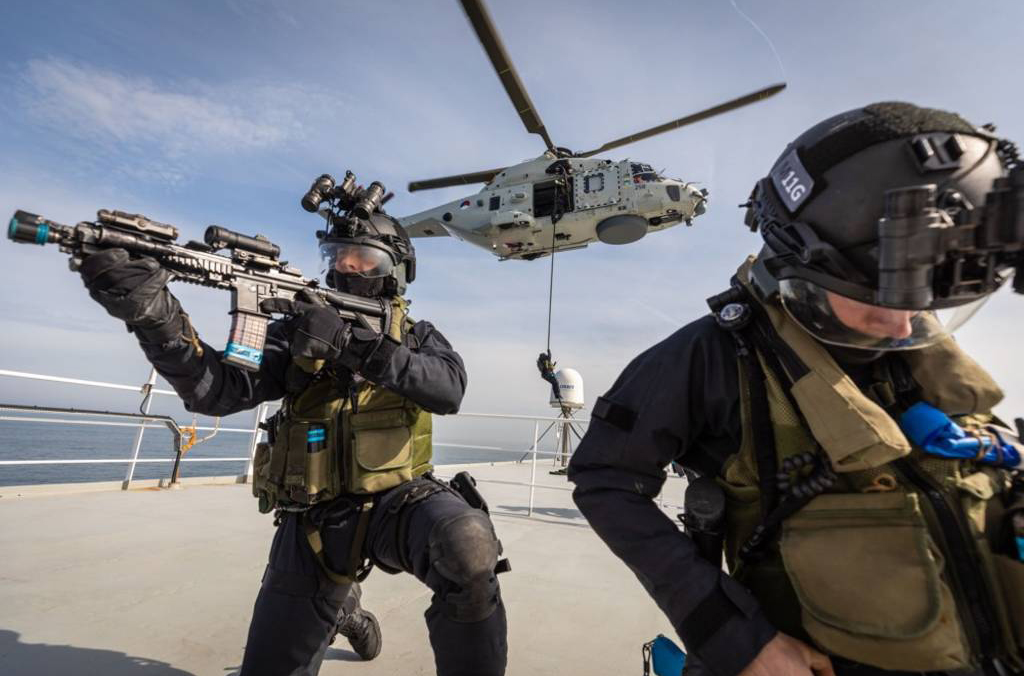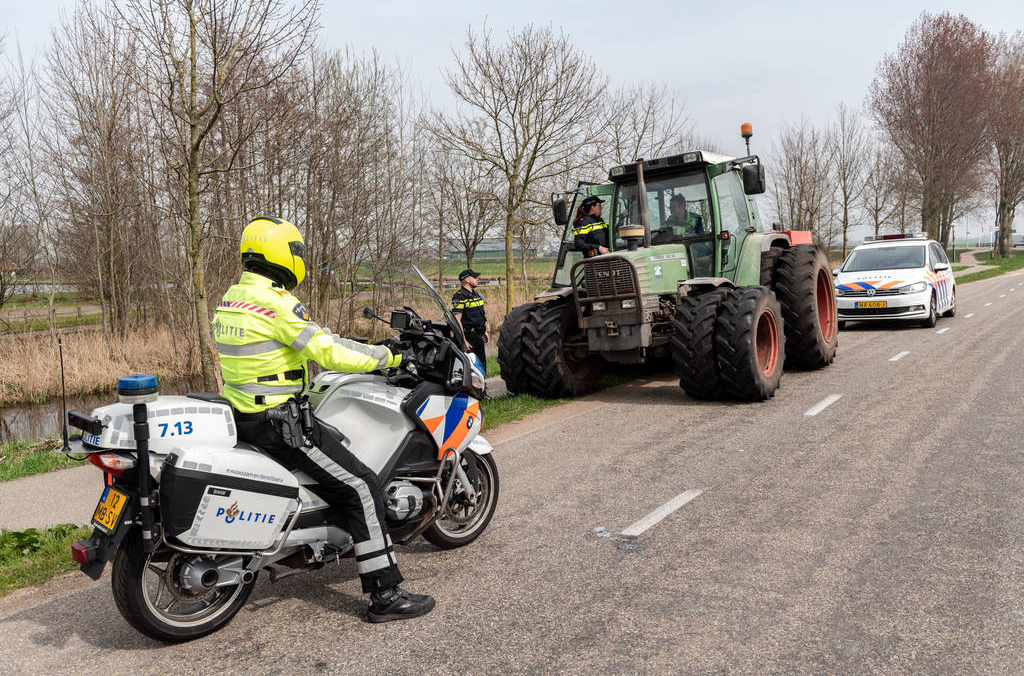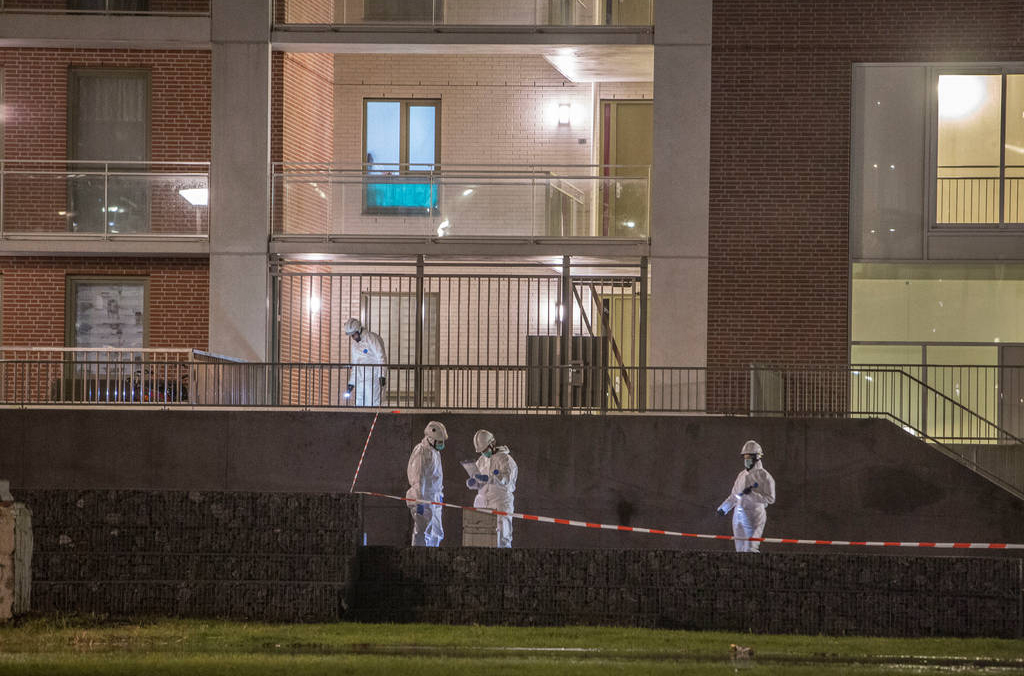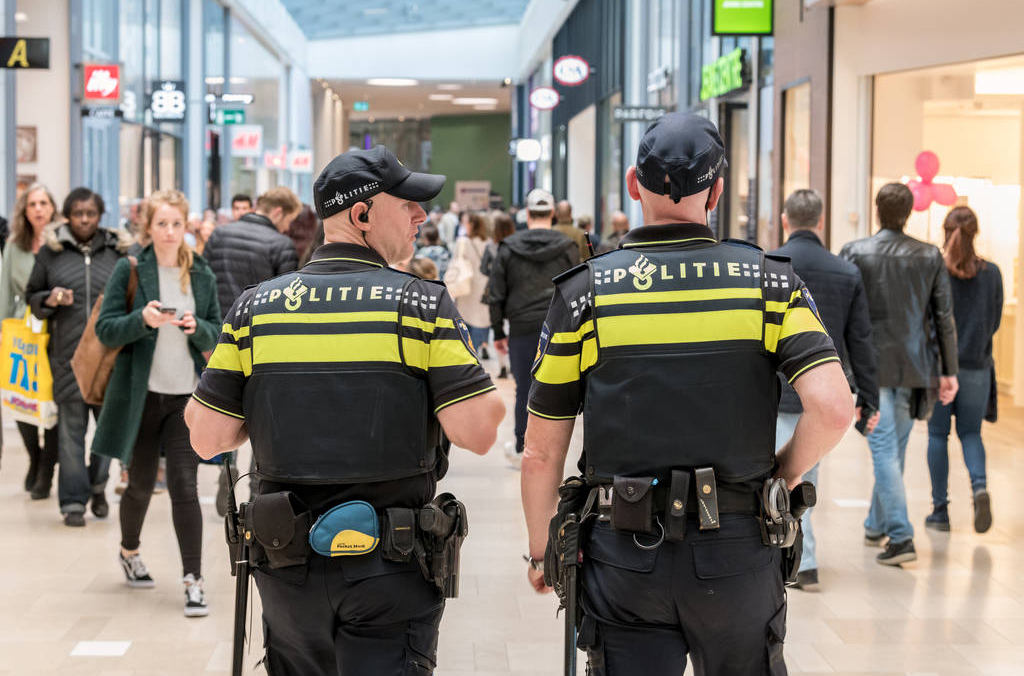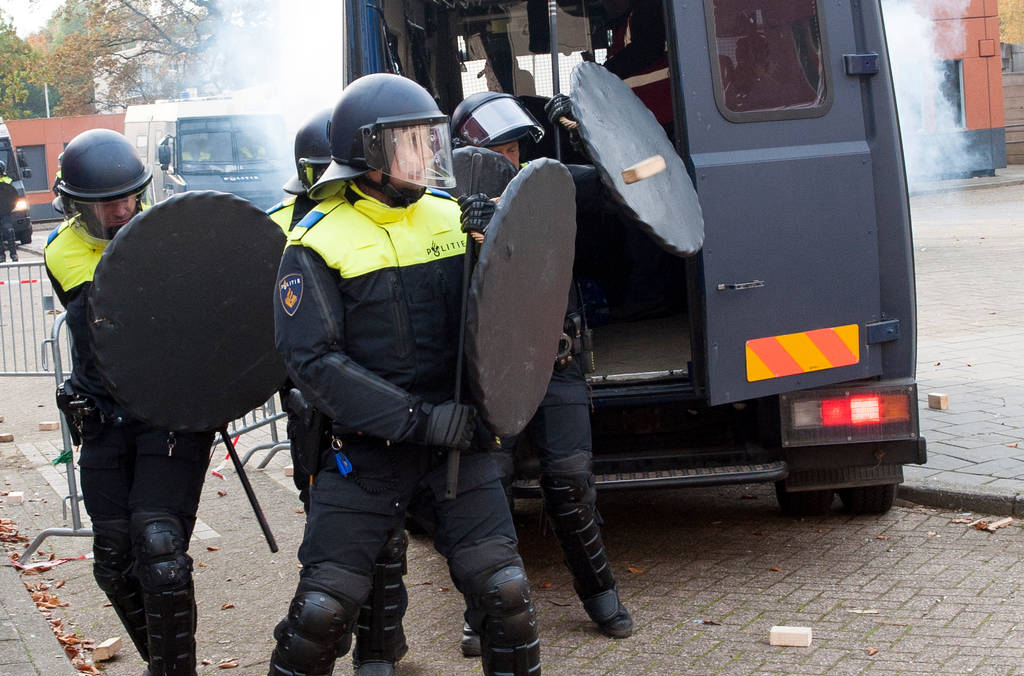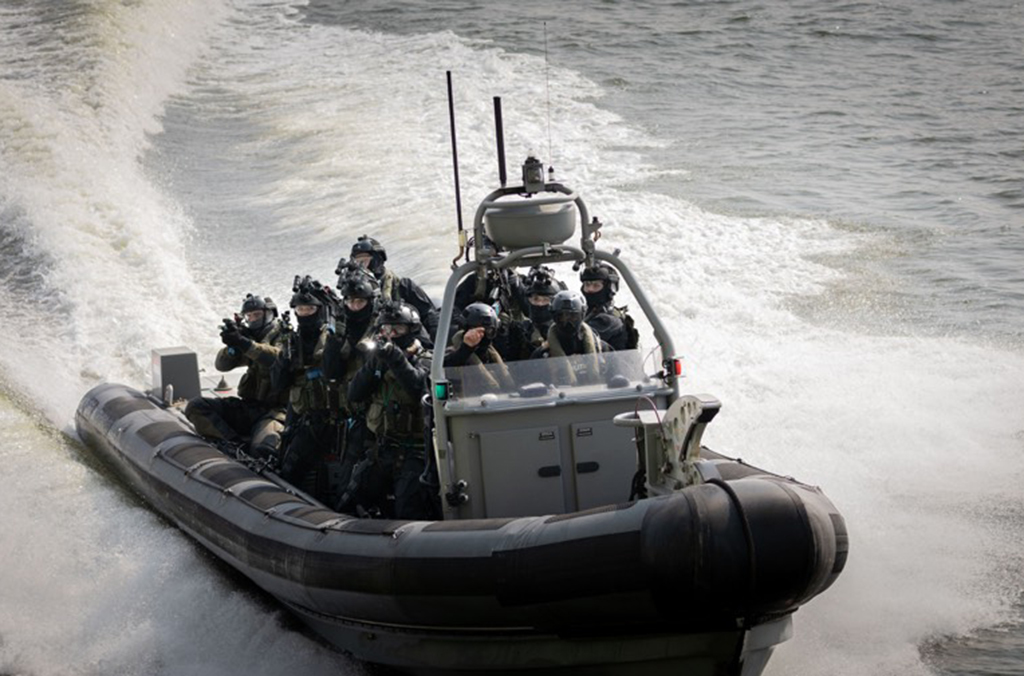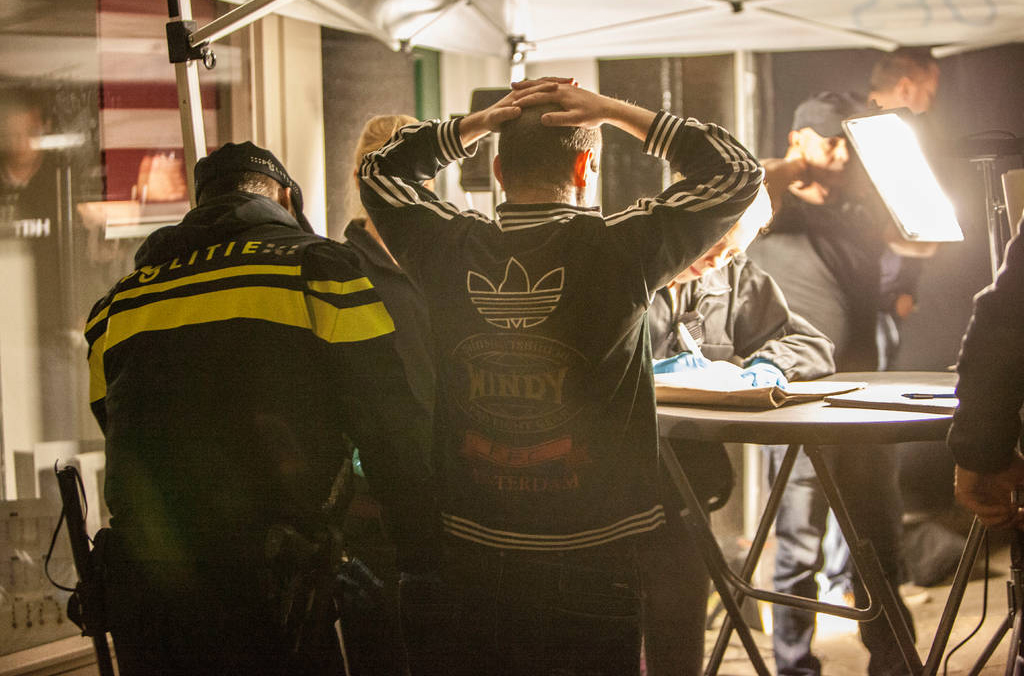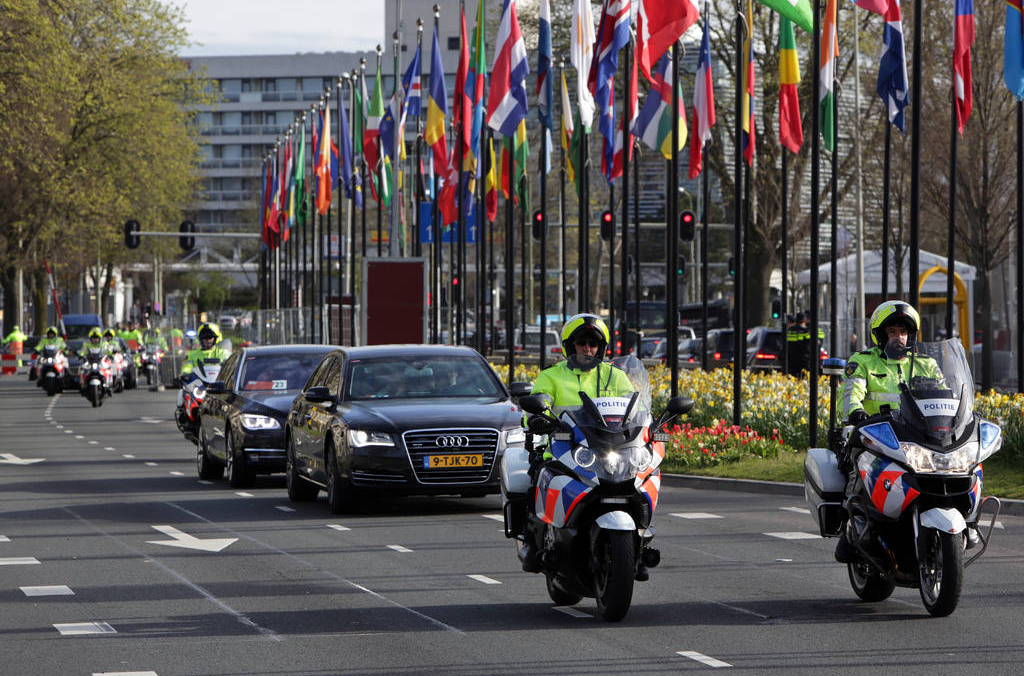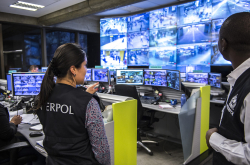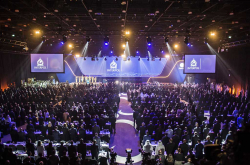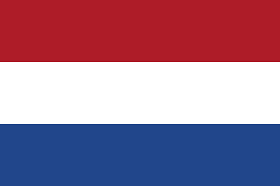 PAYS-BAS
PAYS-BAS
Fighting organized crime in the Netherlands
Located in North-West Europe, with a long coastline on the North Sea, the Netherlands is a targeted source and transit country for crime groups smuggling illicit merchandise into or from European markets.
Some of the country’s many transnational crime challenges include drug trafficking, cybercrime, money laundering and the threat from international terrorism.

The international characteristics of these crimes and their links with crime networks around the world make the role of the INTERPOL National Central Bureau (NCB) in the Netherlands fundamental to maintaining national and regional security.
INTERPOL in the Netherlands
Situated in The Hague, NCB Netherlands plays a central role in preventing the country and surrounding region from serving international organised crime. By providing (globally sourced) intelligence about regional crime trends, the NCB helps police officers across the Netherlands, for example in detecting and investigating the flow of illicit goods along trafficking routes in and around the country.

The NCB is part of the National Intelligence Agency which is responsible for international police cooperation. It operates as the national point-of-contact for law enforcement agencies requiring help in international investigations involving the Netherlands. Currently, the NCB is staffed by intelligence operators, intelligence specialist officers and analysts.
NCB The Hague plays a strong national role in tackling the serious crime areas which affect the country, such as serious organised crime, fugitive investigations, financial crime and trafficking in human beings. It is also a regular partner in INTERPOL-led global police operations in these and various other crime areas.
Law enforcement in the Netherlands
Law enforcement services in the Netherlands are the responsibility of the Ministry of Security and Justice. The national police force - ‘Politie’ in Dutch - is made up of ten regional units; a central Intelligence unit and a central Operations unit; a Police Academy; and a police service centre for business operations. The Force Command, which serves as national headquarters, develops policy and makes strategic decisions at national level.

The Politie’s central units are each headed by a Chief Constable. The two central units perform both independent and support tasks and are responsible for cross-regional and specialist police activities.
Each regional unit is operationally self-sufficient and is geographically sub-divided into police districts made up of precincts, referred to as ‘Robust Frontline Teams’, which serve the municipality or several small municipalities.




